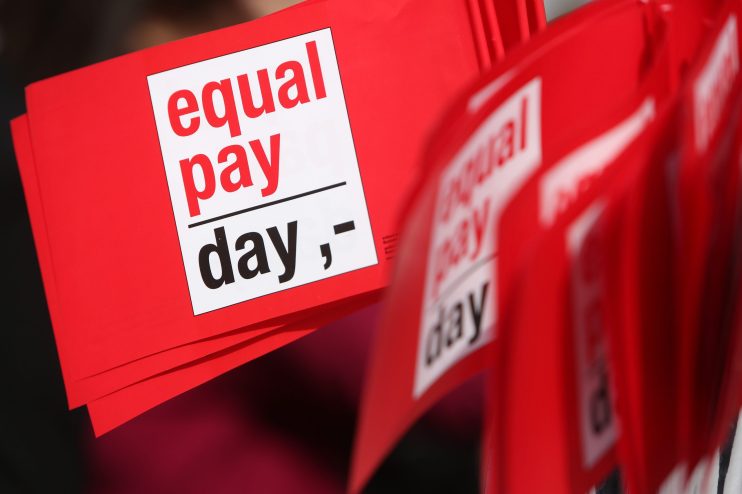Debate: The government has suspended gender pay gap reporting this year — but should it be scrapped?

Businesses have been told they do not have to report on their gender pay gaps due to the coronavirus outbreak. With 12 months until they have to report again, City A.M. asks whether it should be scrapped altogether.
Yes, says Annabel Denham, director of communications at the Institute of Economic Affairs
The decision to suspend gender pay gap reporting in 2020 is welcome, but the requirement was never needed to begin with.
It has been illegal in this country since 1970 to discriminate, as regards terms and conditions of employment, between men and women.
Burdening businesses with the task of collecting this data is worthwhile only if it can reveal something about pay, fairness and opportunity for both genders.
Given the data fails to separate part-time from full-time workers or to take into account key differentials such as job, background or experience, in the two years it has been harvested it has served only to mislead and feed a narrative that, no matter what strides women may make professionally, they will still face discrimination.
It creates perverse incentives for firms to avoid making female hires at junior level.
Perhaps most egregiously, it distracts from the real issues facing women today: the motherhood penalty, for instance, or wider societal pressures to take on caring responsibilities.
No, says Harini Iyengar, GLA candidate for the Women’s Equality Party
This would be the third year of gender pay gap reporting and the first opportunity to see crucial emerging trends. The government’s decision to suspend reporting is understandable in the circumstances, but it is mistaken.
The women in the jobs that have been undervalued and underfunded for years are the same women on whom we are now dependent: on the frontlines of the NHS, working to ensure supermarket shelves are stocked, and caring for key workers’ children in schools and nurseries.
Now is absolutely not the time to scrap gender pay gap reporting. We are facing another economic shock and it has always been women who suffer because caring responsibilities leave them in more precarious work with less in savings.
Now is the time for a seismic shift in how we measure the success of our economy and society, to invest in the sectors and the workers who will save us now and keep us afloat in the tumultuous period ahead.
Then we would really see the gender pay gap narrow, and we should certainly measure that.
Annabel Denham is director of communications at the Institute of Economic Affairs. Harini Iyengar is a GLA candidate for the Women’s Equality Party.